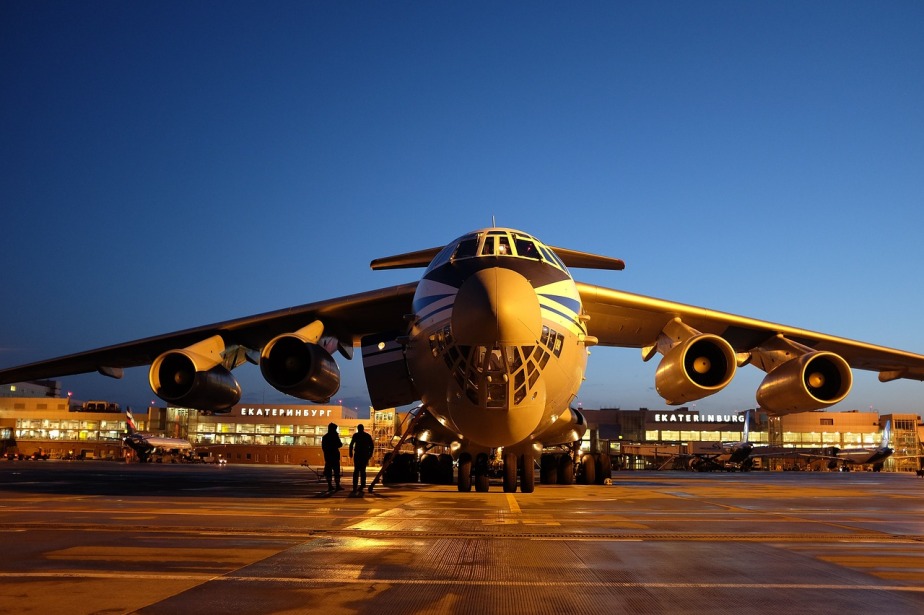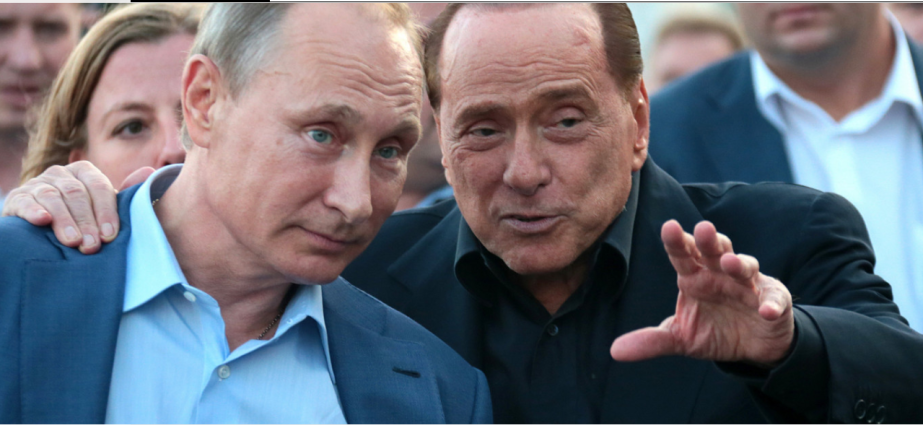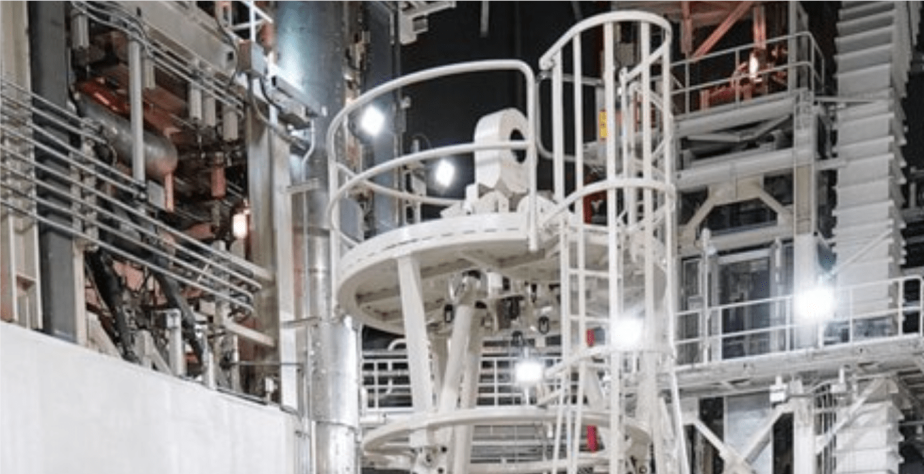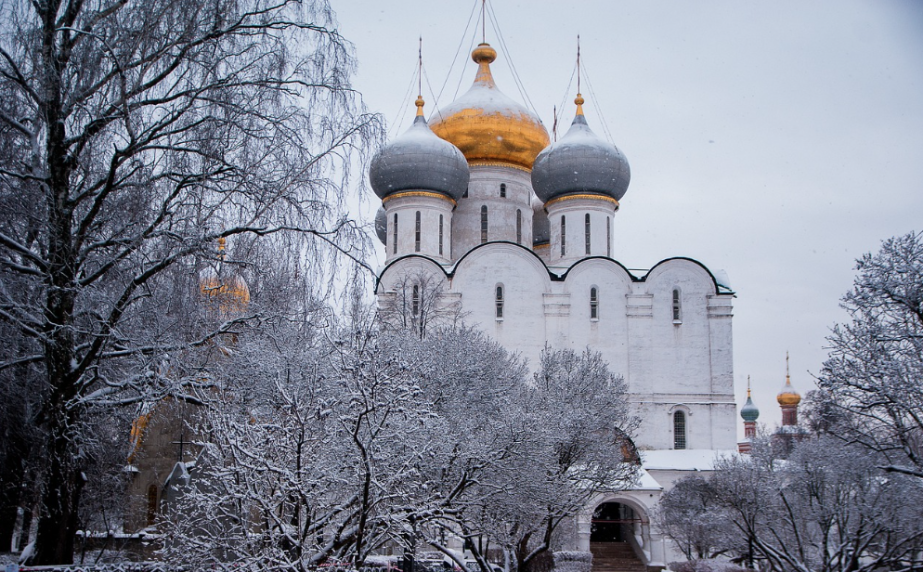The rector of the Grand Mosque of Paris has filed a complaint against award-winning French writer Michel Houellebecq over “staggeringly brutal” comments made during a recent interview in which the author drew divisions between “native French people” and “the Muslims” responsible for “robbing and assaulting them”.
In a statement published on Twitter, the Grand Mosque of Paris announced it had filed a complaint against Michel Houellebecq following “very grave comments he had made about Muslims in France”.
The statement referred to a “long conversation” between Houellebecq and philosopher Michel Onfray – the founder of “anti-system” magazine Front Populaire – published in November.
The wish of the native French population, as they say, is not that Muslims assimilate, but that they stop robbing and assaulting them. Or else, another solution, that they leave,” Houellebecq is quoted as saying.
The statement, signed by the mosque’s rector Chems-Eddine Hafiz reads:
“When entire territories are under Islamic control, I think that acts of resistance will take place. There will be attacks and shootings in mosques, in cafés frequented by Muslims, in short Bataclan in reverse,” referring to the 13 November 2015 terrorist attack on the Paris concert hall.
“The wish of the native French population, as they say, is not that Muslims assimilate, but that they stop robbing and assaulting them. Or else, another solution, that they leave,” Houellebecq is quoted as saying.
Houellebecq, one of France’s most renowned authors, has written fictionalised accounts of the “Islamisation” of France, but the Paris Mosque claims his comments in a published interview infringe France’s anti-discrimination laws.
Houellebecq, one of France’s most renowned authors, has written fictionalised accounts of the “Islamisation” of France, but the Paris Mosque claims his comments in a published interview infringe France’s anti-discrimination laws.
The rector of the Grand Mosque of Paris has filed a complaint against award-winning French writer Michel Houellebecq over “staggeringly brutal” comments made during a recent interview in which the author drew divisions between “native French people” and “the Muslims” responsible for “robbing and assaulting them”.
In a statement published on Twitter on Wednesday, the Grand Mosque of Paris announced it had filed a complaint against Michel Houellebecq following “very grave comments he had made about Muslims in France”.
The statement referred to a “long conversation” between Houellebecq and philosopher Michel Onfray – the founder of “anti-system” magazine Front Populaire – published in November.
The statement, signed by the mosque’s rector Chems-Eddine Hafiz, quotes an extract:
“When entire territories are under Islamic control, I think that acts of resistance will take place. There will be attacks and shootings in mosques, in cafés frequented by Muslims, in short Bataclan in reverse,” referring to the 13 November 2015 terrorist attack on the Paris concert hall.
“The wish of the native French population, as they say, is not that Muslims assimilate, but that they stop robbing and assaulting them. Or else, another solution, that they leave,” Houellebecq is quoted as saying.
The Grand Mosque described the remarks as “unacceptable” and implied that Muslims were “not real French people”.
It wrote that the comments constitute “an incitement to hatred against Muslims” and “a call to reject and exclude the Muslim component as a whole”.
The statement cites a recent decision by the European Court of Human Rights (ECHR) which upheld the conviction of former far-right French presidential candidate Eric Zemmour for “inciting discrimination and religious hatred” over comments targeting France’s Muslim community.
“The court held that the interference with the applicant’s right to freedom of expression had been necessary in a democratic society to protect the rights of others that were at stake,” the ECHR wrote in a statement on 20 December.
Houellebecq won the Goncourt Prize – France’s highest literary honour – in 2010.
But he is no stranger to controversy.
His 2015 fictional novel Submission, about the rise to power of an Islamist president in France, won acclaim but also sparked concern over fomenting anti-Muslim sentiment.
The philosopher, Robert Redeker, who was the victim of a fatwa forcing him to live for a time under police protection, supports Michel Houellebecq, targeted by a complaint from the Great Mosque of Paris for “provoking hatred against Muslims”











